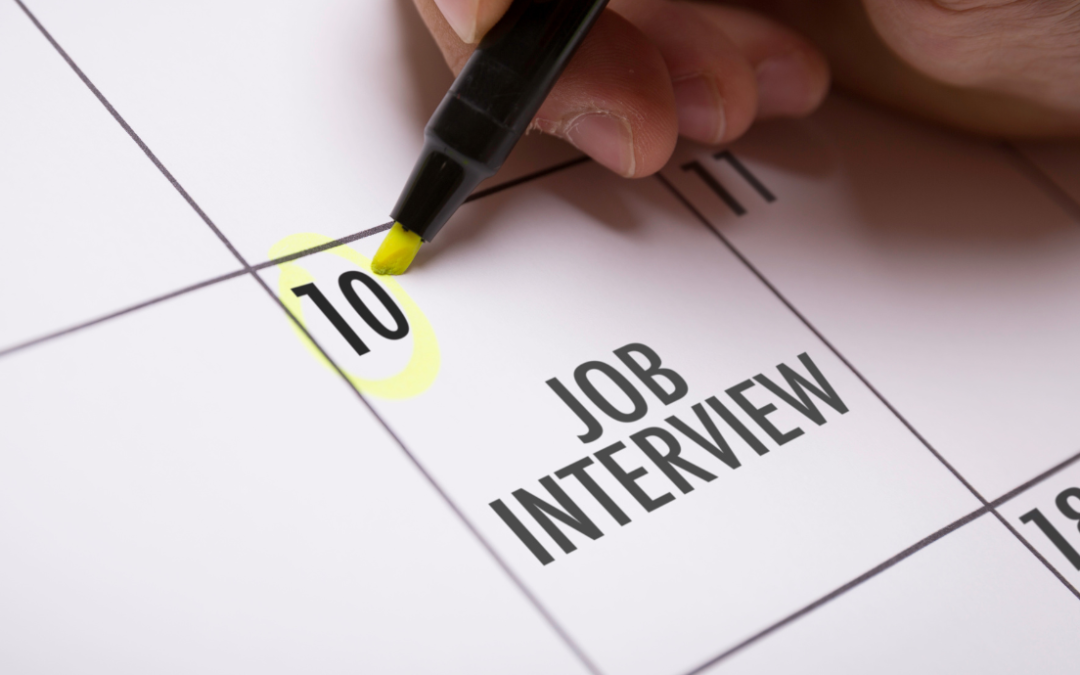The days after an interview can be an awkward part of the hiring process. As a candidate, you must abruptly shift from being an eager go-getter to sitting back and being patient. It’s a fine line to walk between remaining relevant in their minds and appearing overly eager. Here are some things to do and avoid during post-interview communication.
DO: Alert your references
You should notify your references who will be contacting them and send them an updated copy of your resume. Never assume that someone will serve as your reference without a proper heads-up. One of the best things you can do is to send over the job description beforehand so they’re prepared to speak on what’s relevant.
DON’T: Ghost your interviewer or recruiter
If you’ve decided to take another job or simply aren’t interested in the job you’ve interviewed for, please notify your interviewer and/or the recruiter via email. Ghosting will most likely come back to bite you somewhere down the road. Even if it’s a last-minute decision, communication will prevent bad karma from ruining future job opportunities.
DO: Connect with your interviewers on LinkedIn
You don’t need to wait until you get the job. The connections you make with the team, including your recruiter, are great connections to have within your network. When you do decide to send over your LinkedIn invitation (which is best done at the end of the application process and after the interview), also include a personalized message with it.
DO: Respond as soon as possible
Patience is a virtue when it comes to post-interview communication. You can send them an email in a few days thanking them for the opportunity to come in and interview, but let them reach out to you with the next steps in the process. If the company contacts you, try to respond within a few hours, if possible. A maximum of 24 hours.
DON’T: Be Overeager
This is where the balancing act takes effect. You obviously want to come across as interested, but acting too interested can rub the company the wrong way. The last thing you want is for them to think you are more interested in leaving your existing job than starting the new one. This will lead them to believe you’re changing jobs for the wrong reason. Just like in any relationship, if you seem desperate, it lessens your chances of getting the job. Give it a few days before emailing to follow up with the hiring manager, and, also, never send a double email. Be patient – understanding the process can take some time. This will send the right message to the new company.
DO: Remain Calm
After an interview, it’s easy to get anxious. You can catch yourself refreshing your email constantly waiting for something, anything, regarding the job. This isn’t a bad thing. Obviously, if you care this much, it means that it’s a job you’re passionate about and would love to have. After the interview, particularly if it’s the final interview, give yourself 5 days to be all-in on the job. This means you’re not applying to any others, and you’re confident you are going to get the new job. If after five days you have not heard anything, start job hunting again. Remain confident that you still will earn the job where you made it to the final interview, but keep life realistic by beginning to apply for new ones. This unique process allows you to be eager and all in for that job while still remaining realistic by keeping your options open.
DON’T: Take rejections personally
Life happens sometimes and you get let down. Enough time goes by after the interview and you realize you did not get the job. If this happens, realize it is a great learning experience and just a stepping stone to that job you really want. Be sure to reach out to the hiring manager and thank him for his time and consideration. If applicable, tell him you’d love to be considered down the road for future openings, and stay in contact with him by connection on LinkedIn. Post-interview communication is often just as important as pre-interview communication, even when you don’t secure the job.
